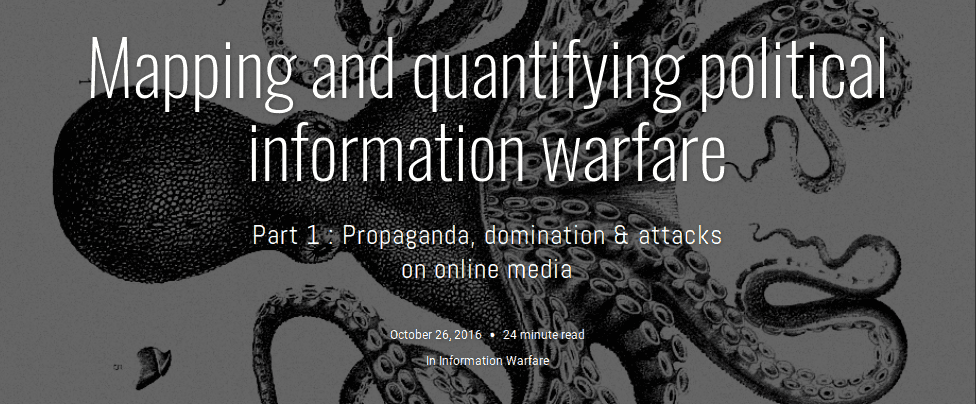Welcome to Serbia’s digital political theatre, where every heroic rescue is staged, every dissenting meme vanishes mysteriously, and every comment section is a gladiator arena for astroturfed loyalists.
It starts with a snowstorm, a suspiciously well-timed TV crew, and a future prime minister trying out for the role of Balkan Superman. The internet responds with mockery. The government responds with takedowns. Thus begins the SHARE Foundation’s journey documenting over 300 cases of digital shenanigans, think DDoS attacks, creepy surveillance, and disappearing videos, courtesy of state-sanctioned (or suspiciously adjacent) actors.
The greatest hits (of digital control)
1. Politics of hidden internet interventionism
Governments don’t just ban things any more. They guide narratives, delete content they don’t like, and troll their citizens with a mix of stealth, proxies, and plausible deniability. Think of it as propaganda with a VPN.
2. Never-ending reality show
Online news cycles in Serbia last about 90 minutes before vanishing into the content abyss. PM Vučić dominates the airwaves like a bingeable anti-hero, appearing in 40 headlines a day. Original journalism is out; press-release regurgitation is in. Welcome to the hyperactive spin cycle of media saturation.
3. Conquering public discussion
Comments used to be public squares. Now they’re astroturfed wastelands. Enter the political trolls, sock-puppeted warriors distorting discourse with fake likes, cloned opinions, and coordinated attacks. It’s called reverse censorship: don’t delete dissent, just drown it in noise.
4. Tools of the troll trade
Behold the holy trinity of online manipulation:
- Valter: Turns devices into silent voting/zombie bot machines. “You’re a bot now, congrats.”
- SkyNet: Tracks troll performance, rates grammar, and auto-votes via proxy. Big Brother meets Grammarly.
- Fortress: Cloud-based manipulation-as-a-service. Trolls log in like gamers, except the prize is a government job, not XP.
5. Gamified dystopia
Trolling isn’t just work, it’s play. There are points, leader-boards, and real-world rewards (like cushy state gigs). Commenting on hostile sites earns more points, because trolling actual citizens is apparently a competitive sport now.
6. The troll style guide
Tactics mix Chinese “cheer squad” numbers with Russian-style aggressive debate. Aleksandr Dugin’s patriotic-us-vs-liberal-them binary frames the battlefield. Choose your side: “patriots” vs. “traitors.” No nuance allowed.
Wrap-up
This isn’t just digital PR gone rogue, it’s structured, weaponised influence over public thought. Welcome to Black Mirror: Balkan Edition, where the script is government-written, the audience is manipulated, and the comments are definitely not from real people.
Propaganda is no longer painted on walls, it’s coded into bots and framed as debate.
And yes, the snow rescue was fake. But the control? That’s very real.
